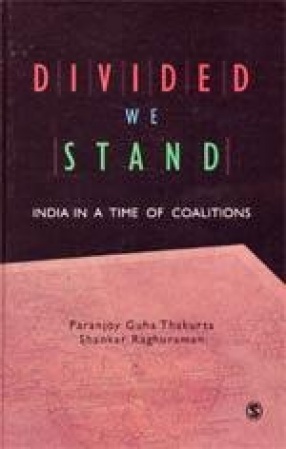Today, privatisation, consumerism and market-economy are the fashionable ‘in things’, and are no longer apologetic words among the dominant political ideologues in India. Nationalisation and public sector are out. Nehruvian socialism is an anathema, if not embarrassment. Until recently, however, ‘socialism’ formed the political ideology of the state policy. Politicians vied with one another in being ‘socialistic’. Indira Gandhi’s populist nationalization of major banks was hailed as more ‘socialist’ and revolutionary than anything similar that Nehru could accomplish. And ironically, when some of the so-called ‘communist’ countries were showing the first major signs of cracking up, India judged it appropriate to declare herself a ‘socialist’ republic in 1976. Paradoxically enough, the lean towards the public sector in the economic regime of the post-independent India came not only from the leaders of the freedom movement but also from the leading capitalists of the day. Again, both the Congress leadership and the leading capitalists were inspired at that time, and in their own ways, as much by the Russian experience as by that of the western capitalist system. This book is about the social-historical evolution of this ‘socialist’ state policy as ideology. What was the nature of the colonial state, and what was its role in the development of capitalism in India? What were the strengths and weaknesses of the national movement? Whose interests did the ideology of the national movement represent? Why was the inclination towards the ‘public sector’, or even nationalisation, eulogised as ‘socialistic’? Or, for that matter, why did the post-war ‘mixed economy’ and ‘welfare-state’ take the form of a ‘socialist’ policy framework in post-independent India? This book is an attempt to answer these questions, based on social-historical research. It seeks to analyse the historical genesis, the form and function of Nehru socialism, in relation to the dynamics of the colonial state, the pattern of capitalist development, and the nature of the national movement in India.
Nehru Socialism: Colonialism, Capitalism and Ideology in the Making of State Policy
In stock
Free & Quick Delivery Worldwide
reviews
Bibliographic information
Title
Nehru Socialism: Colonialism, Capitalism and Ideology in the Making of State Policy
Author
Edition
1st ed.
Publisher
ISBN
8173410070
Length
x+242p., Bibliography; Index; 25cm.
Subjects





There are no reviews yet.